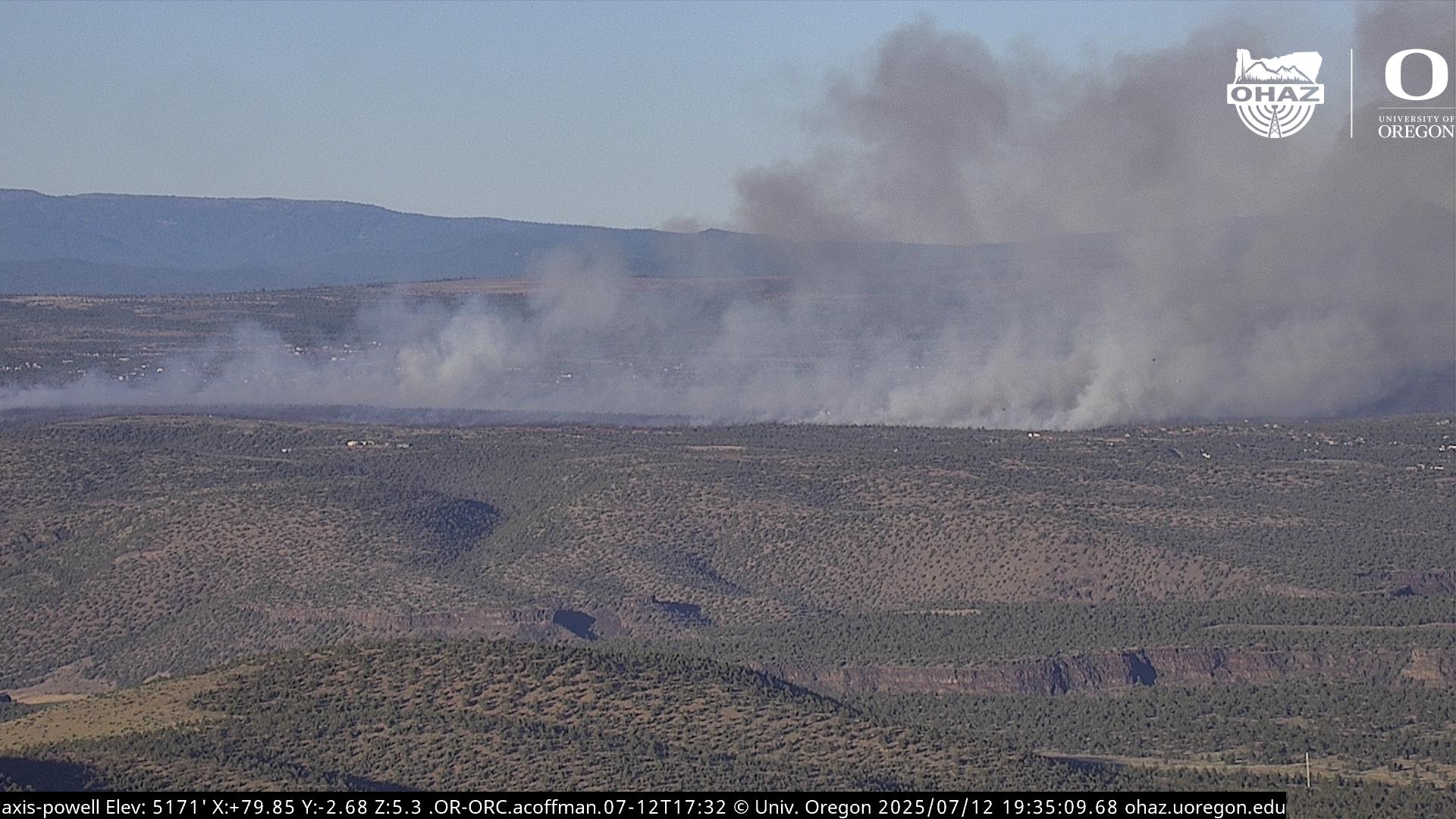Editorial: Governments should not hide bargaining with their unions
Published 12:00 am Friday, February 16, 2018

- (Thinkstock)
Taxpayers deserve to know what they pay for and also how deals get made. Oregon law strives to ensure that happens. State law explicitly says it is the intent “that decisions of governing bodies be arrived at openly.”
That doesn’t stop governments from trying to weasel around the law. An Oregon Supreme Court decision Thursday revealed another example.
Trending
TriMet, which provides transit around Portland, argued that its planned bargaining sessions with the Amalgamated Transit Union Local 757 would not be “meetings” subject to Oregon’s open meetings law. TriMet essentially argued that a governing body may meet without violating the state meetings law if it doesn’t have a quorum. State law generally requires bargaining sessions to be open to the public. The reason is simple: Keeping those negotiations open can shed light on how public money will be spent and if the sides are being reasonable. The contracts are no small matter. They set pay and benefits. Pay and benefits make up the bulk of the costs for almost every public agency. The contracts typically venture into how employees are evaluated, scheduled, disciplined and even what information is disclosed to the public.
The court’s decision pointed out TriMet’s position could have bad consequences for the public. Deals could be hatched in secret by creating a negotiating team that didn’t have a quorum.
The court wrote it would mean that “a public body could shield deliberations and decisions on a given matter from public scrutiny simply by delegating authority over those deliberations and decisions to a governing body and failing to specify a quorum requirement for the governing body to act. That result would severely undermine the policy ‘that decisions of governing bodies be arrived at openly.’”
We have tested if local governments strive for openness in negotiations with their public unions. For instance, a few years ago, we attended a negotiation session between Bend and its police union. They were open. In 2013, we attended a session between Bend-La Pine Schools and its teachers’ union. They were open, as well, although then-Superintendent Ron Wilkinson did tell us not to take a picture of competing proposals for salary and benefits on posters. We did.
Open records and open meetings in Oregon will only remain that way if the public continues to demand it.








